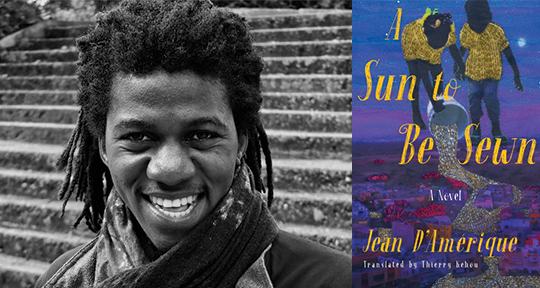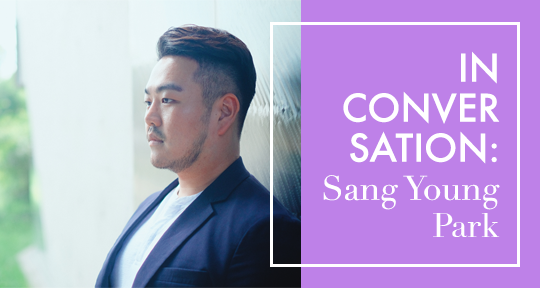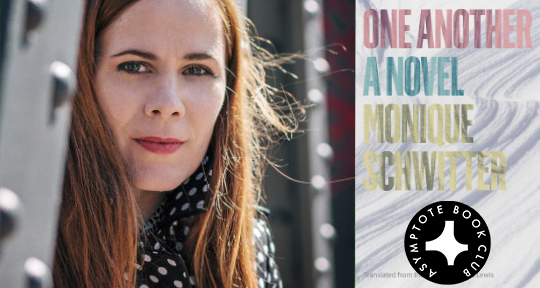Sang Young Park’s English-language debut Love in The Big City follows Young, a queer man in search of love and meaning. An aspiring writer who drinks and dances the night away in Seoul’s gay clubs, Young tries to make sense of his life through short stories in the morning, watching anxiously as others around him seem to be growing up and leaving. After many unsuccessful dates and arrogant boyfriends, he finally meets the man who could be his soulmate, but the two must come to terms with the cruelty of reality. With dark and humorous prose translated from Korean by Anton Hur, Park navigates the messiness of friendship and dating while capturing the rawness of breakups. The result is a book as addictive as the pack of Marlboro Reds that Young and his roommate keep in their freezer. In our interview, translated by Hur over email, Park and I discuss writing about love, being a person in the twenty-first century, and finding inspiration in pop music.
Rose Bialer (RB): I don’t like the cliché of a setting in literature being viewed as another character. However, in Love in The Big City, Seoul seems to have a developed personality. It can come off as melancholy, exuberant, romantic, and—depending on its current mood—Seoul affects how the characters live and love. Since you live in Seoul, I wanted to ask how you experience the city. Like the characters in the book, has it changed how you interact with the world?
Sang Young Park (SYP): I think a person’s environment decides their character. I was born in a city called Daegu—one of the most conservative places in Korea. When I was a teenager, I dreamed of Seoul as a kind of platonic ideal; I arrived here in my twenties for college, and that’s when my life began for real. Living here has made me realize that I resemble Seoul—it’s multi-faceted and passionate and at the same time, a very lonely and bleak city. I think these are my own sensibilities, as well as sensibilities that are present in the novel.
RB: How would you say that the city affects how the characters both love and receive love?
SYP: Each “big city,” as they appear in the book, possesses different aspects. Seoul is complicated and crowded but lonely and sorrowful at the same time; Bangkok is like a Mecca for gays—that kind of thing. The characters’ situations shift according to where they are. I think there’s definitely an organic interaction between the characters and their settings.
RB: I wanted to talk about the book’s structure. It is written as four short stories which connect to form the compelling whole. Each section is set at a specific moment in the narrator’s life, spanning from the time he is in college to when he is in his thirties. What drew you to this narrative form?
SYP: I wanted to show a different kind of love in each chapter. Part One, through Jaehee, I wanted to show the love we call friendship; Part Two was maternal love, along with first love; Part Three romantic love; and Part Four about what remains after the end of love. Through the last chapter, I wanted to wrap up my thoughts on the previous chapters, so the entire book would be a treatise on love itself. I thought, by showing the various emotions the narrator feels as he encounters different people in his twenties, I could effectively show the changes a character goes through, and at the same time see the emotion of love from different angles through this structural choice. READ MORE…








